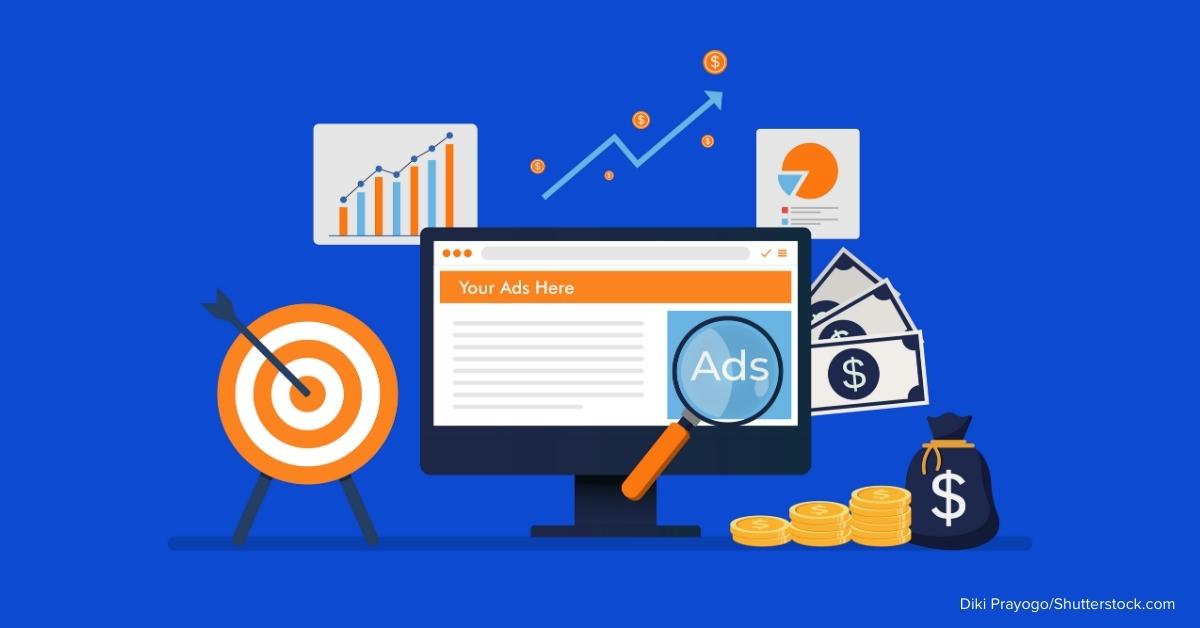You may have your target audience, budget, and KPI, but not measuring digital advertising results is similar to shooting blindly at the moon.
The success of your digital advertising strategy will only be as good as the way you measure its results. So you may already know how to set the right budget for your ads, target the right audience, and even use data in streamlining your efforts, but not measuring digital advertising results is similar to shooting blindly at the moon. In this article, we will talk about the importance of reviewing results when it comes to implementing digital ads.
How do you define Marketing Effectiveness?

Marketing effectiveness is simply measuring the effects of your campaigns relative to your business goals. Every strategy that you put out, should be connected to the business goals that you have set up. Every goal can have a different metric to measure its success; for example, customer retention, acquisition, or revenue can have different measures to determine its marketing effectiveness.
How to measure Marketing Effectiveness?

Though there may be different metrics for measuring digital advertising results, there are best practices on how to measure them. Since your goals are important to the results, let’s start by quickly defining how to set them.
Many digital marketing pros suggest following the SMART Framework:
- Specific
- Measurable
- Achievable
- Relevant
- Time-bound
Here’s an example:
“By the end of the week, the Facebook ad campaign in acquiring new sign-ups should hit a minimum of 0.50 cents per click to give us the best return on investment on our budget. We believe that it is achievable because we will be using tried and tested audience groups for the ad.”
The goal above meets all the important elements that will help you quickly decide if your digital marketing strategy is effective or not.
Key metrics for measuring Digital Marketing success

Now that you know the basics, it’s time to list some of the most common metrics that you will most likely encounter in your digital marketing journey:
Source Traffic
If you have an e-commerce website, you’ll definitely need to know where your visitors are coming from. Are they from your blog? Social media? How about e-mail? This information can help you improve your content on your most popular platform and choose what type of campaign will best work there.
Search Engine Traffic
Your SEO traffic determines how well your website is performing in search engines. This is determined by your number of backlinks, keywords, and website health. The golden standard for content or blog marketing, for example, is whether your website will show up in the first ten results on search engines.
Engagement
One of the most important metrics for social media campaigns, engagement rate tells how your target market interacts with your social media ads or overall strategy. Measuring this considers the number of likes, shares, comments, and clicks of a particular post.
Click-through rate
Though also applicable in other digital marketing strategies, CTR is very important for gauging the success of your email marketing campaign. Your click-through rate determines the number of people who click on the links (particularly the call-to-action) in your emails. Low CTRs mean that you need to change your CTA.
Cost per click
Your CPC determines how much you are paying for every click that your customers make on social media. This is a very important metric to consider for your paid advertising campaign budget. Low CPC means that Your ad is effective, and many people are interacting with it. High CPC, on the other hand, means that you need to optimize your ad by changing its targeting, copy, or creative material.
The right way to measure campaign success

Measuring digital advertising success will not be complete without you setting up the right metrics tracking. There are a lot of free and paid website analytics tools that can provide you with the numbers you need. A good example is Google Analytics and built-in platform analytics. Facebook, Shopify, Instagram, and all email marketing platforms have this.
Another option is to use third-party platforms that can centralize your data in one place. While these will require a budget, they are also very helpful in simplifying your analysis and creation of results.
Measuring digital marketing success is the most important part of your strategy because it helps you learn and improve your approach. Depending on the results, you can learn best practices and pick up new strategies to try via testing and optimization.
Here at EightMedia, we always make sure to assess the success of our digital marketing campaigns. Our approaches for our social media, digital ad management, web design, and content marketing services have been fine-tuned by our experience working with countless entrepreneurs. So far, we have provided our partners with a 400 percent increase in leads, a 200 percent increase in revenue, and a 40 percent decrease in advertising costs.
Are you ready to step up your digital marketing game? Work with us! You can book a free consultation by going to this link. Found this article helpful? You can get access to more when you sign-up for our newsletter now.





